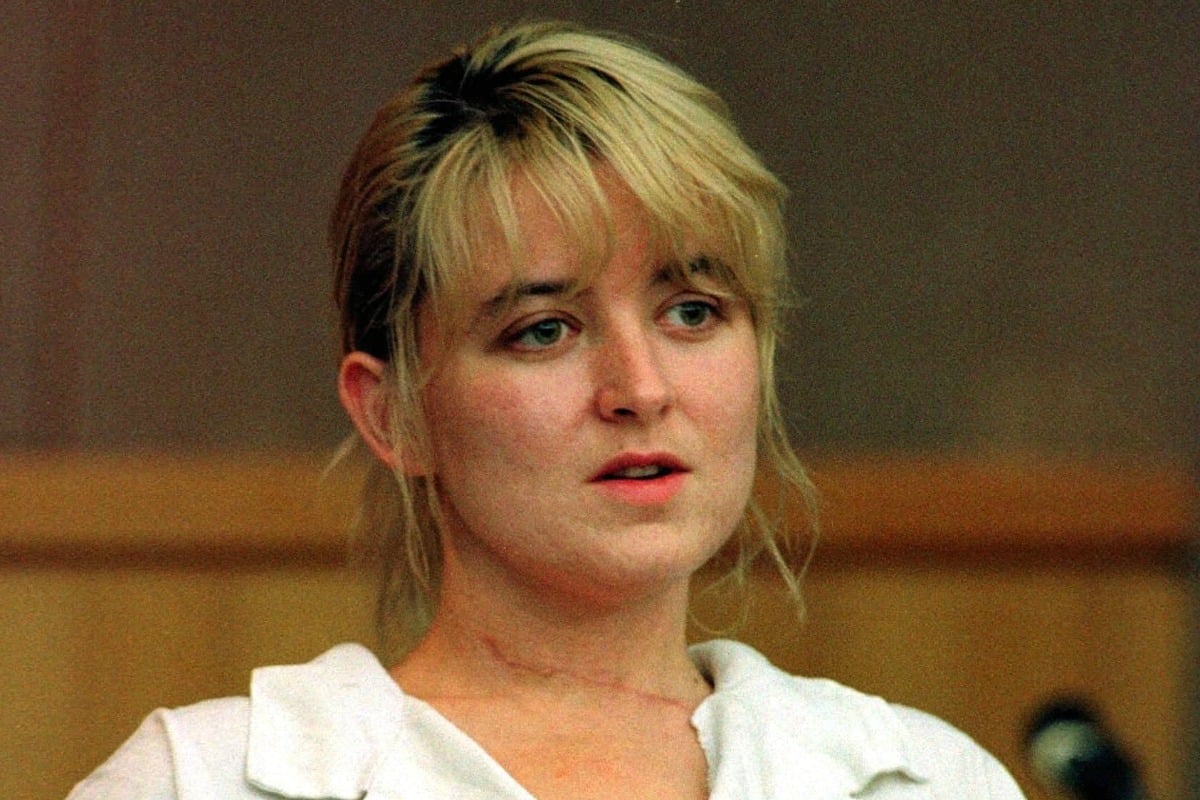
At 2.31am on June 6, 1996 emergency dispatchers received a frantic call.
“Somebody came in here,” a woman screamed down the line. “They just stabbed me and my children.”
Darlie Routier, then 26, described how an intruder had stabbed her and her young sons, six-year-old Devon and five-year-old Damon.
Within minutes, police arrived at the house in Dallas, Texas and found the boys suffering from multiple stab wounds – they were soon pronounced dead.
Routier also suffered “superficial” stab wounds, which she claimed she received when she chased off the intruder. One wound came within two millimetres of her carotid artery in her neck.
Her husband Darin and their youngest son, seven-month-old Drake, were asleep upstairs at the time and both escaped harm.
Routier described the intruder to police: A man wearing dark clothing and a baseball cap.
He had escaped through the garage, she said.
But scene investigators had their doubts. Dallas News reported they found no blood in the garage, and although a window screen in the garage had been cut open, the window sills in the garage had layers of dust.

